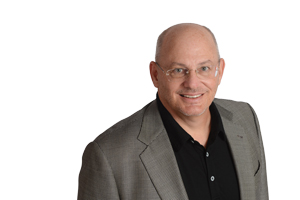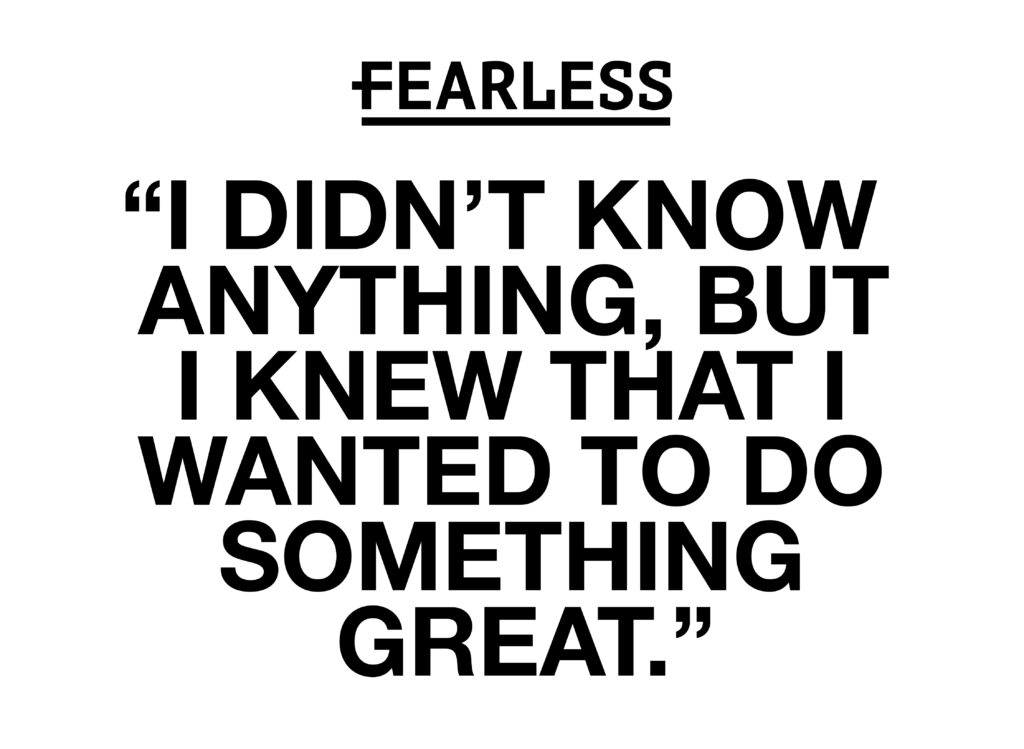Entrepreneurs: Mike Colwell
Executive director, entrepreneurial initiatives, Greater Des Moines Partnership

PERRY BEEMAN Aug 28, 2015 | 11:00 am
5 min read time
1,232 wordsBusiness Record Insider, Innovation and EntrepreneurshipMike Colwell makes his living helping businesses succeed.
He has plenty of tips, and he’s also been known to invest.
That much is well known, but a closer look at his background shows just how qualified Colwell is to help guide tomorrow’s business successes, or valiant failures. His car-washing-to-riches story winds through high-tech mobile devices, startups and established business groups and offers varied lessons for others.
He is co-founder of Plains Angels, an informal angel investment forum, and had a hand in starting some of Des Moines’ most high-profile incubators and accelerators, including Business Innovation Zone, StartUp City and Square One DSM. He works for one of the area’s economic development powerhouses, the Greater Des Moines Partnership. Along the way, he founded NotifyWorks, which keeps clients notified of key events, casesmpl, which holds mobile essentials, and StartupModels.com, which helps with financial plans for startups.
The young businessman
Colwell’s path to this success started early, and modestly.
Colwell grew up washing cars at his dad’s car dealerships at age 10. He sold a car for the first time at 14. He ran a salvage yard “very poorly” at 17.
Then, his budding auto career veered into a ditch.
Colwell left the family business and went to college. “It wasn’t my plan,” he recalled. “I was going to go work for my dad, but we got in an argument.”
What was the argument about?
“Oh, I don’t know. It was probably about whose name was on the sign. He was famous for dragging you outside and pointing up at the sign and saying, ‘Whose name is on the sign? Is it Mike Colwell? No, it’s Bill Colwell. So do it my way.’ ”
“It was Theory X management, ‘I tell you what to do, and then you do it’.”
College and transition to work world
This is a guy who studied management information systems and computer science at the University of Iowa, where he used punch cards at first. Even before he entered the world of mobile computing, things like punch cards were getting left in the ash heap of history.
Eventually, Colwell landed a job at Norand Corp., a computer company big on hand-held devices that at one point was owned by Pioneer Hi-Bred International Inc., now DuPont Pioneer.
Colwell watched Norand grow to a $600 million-a-year business as it went public. He held 17 positions in 22 years with the company and was there when the company was the victim of an embezzlement in 1996. He watched it merge with Intermec Technologies in 1997.
He watched two staffs combine “like oil and water.”
“We were creative techy types,” Colwell said of his Norand-bred colleagues. Intermec was different.
“They were funded by a defense contract that ran at the speed of glass,” Colwell said.
Colwell’s career revolved around hand-held computers, bar scanners, timekeepers and other devices. One startup he helped eventually became flash drive giant SanDisk.
The company that began as Norand grew to nearly $1 billion a year, and the president was fired for underperforming, Colwell said. Not long after, Colwell and a bunch of others lost their jobs.
Still, he could see the upside: “I did really well on stock options.”
He sold his stock for $33 a share. Within four years, the price had fallen to $6. “I would have stayed,” but for the dismissal, Colwell said. “I would have lost all of it.”
For that and other reasons, “Getting fired was the best thing that could have happened to me,” he said.
The road back to Iowa
He was in Seattle, enjoying a 12-minute commute. If he switched to, say, Microsoft, “it was 13 miles. If I left at 6 a.m. I probably wouldn’t be there by 8 a.m. The commutes were horrible.”
Mike and his wife, Beth, considered their options, which included Mike pursuing a job with Microsoft. They decided to move back to Iowa, where they still had relatives. After taking a look at the “new” Des Moines, complete with a rebuilt freeway through town, they paid $290,000 cash for a freshly built house in Ankeny.
Time for a day job
Colwell’s brother, a leader among auto dealers, sent Colwell to Gary Thomas, the executive director of an Iowa auto industry group. Thomas gave Colwell five email addresses, and called the people to put in a good word. “It was classic Des Moines,” Colwell said. “Sure, I’ll help you out.”
One of those contacts was Mary Bontrager, executive vice president at the Partnership. The discussions led to Colwell’s work as a volunteer on small-business committees.
Later, Bontrager started talking to Colwell about the need to nurture startups, and to keep them in Greater Des Moines when they started to take off.
She talked about the creation of the Business Innovation Zone, or the BIZ, and wondered if Colwell would run the three-year project. His response: “I don’t know, Mary. I don’t know what I want to do when I grow up.”
It got to be a running joke.
“Here I am in my mid- to late 40s, and I’m saying I don’t know what I want to do when I grow up,” Colwell said.
“She just laughed at me. She kept after me, though. Finally, toward Christmas, she says, ‘Mike do me a favor. While you’re growing up, will you please take this job?”
He did, in March 2007. And he began molding what became the first in a series of incubator and accelerator projects he’s helped here.
When he arrived in Des Moines, Colwell found a “completely fragmented” startup scene that needed money and had no angel investor forum.
Eventually, community leaders put together StartUp City, which later closed. A thorough “lessons learned” analysis is still online. With the money left over, Colwell and the Partnership put together Square One DSM, an accelerator that runs on $50,000 a year, outside of payroll expenses paid by the Partnership. It’s all about helping with business plans, financial analyses, marketing tips and the like.
The community now boasts One Million Cups and dmStartupDrinks, Gravitate and the efforts of local colleges and universities, including Drake University, Simpson College, DMACC, Iowa State University and the University of Iowa. There is potential for a much more organized push for the next Dwolla, Workiva or Renewable Energy Group.
For Colwell, the key is to help budding companies with traction. “When Dwolla raised its first million, they hit critical mass,” Colwell said. “We are looking for companies that have some traction and help them get to critical mass. We set an absolute timeline of three to 18 months. They don’t give up any equity, and we don’t give them any money.”
Square One DSM also is home to StartUp Stories sessions, featuring successful ventures and networking.
Colwell has seen plenty of success, and occasional failures. His name isn’t on the top of the East Village office building in which he works. But he’s not washing cars, either.
Colwell’s 5 tips for entrepreneurs
1. Listen to customers. Ask probing questions to understand the problem. Often, they don’t say what they really need.
2. Know your financials.
3. Know your market and how you will address it. “Can you get past the noise?”
4. You can’t do it yourself. Hire people who are strong where you are weak.
5. Have really honest advisers and mentors. “Being mean doesn’t help, but being frank is very helpful.”










